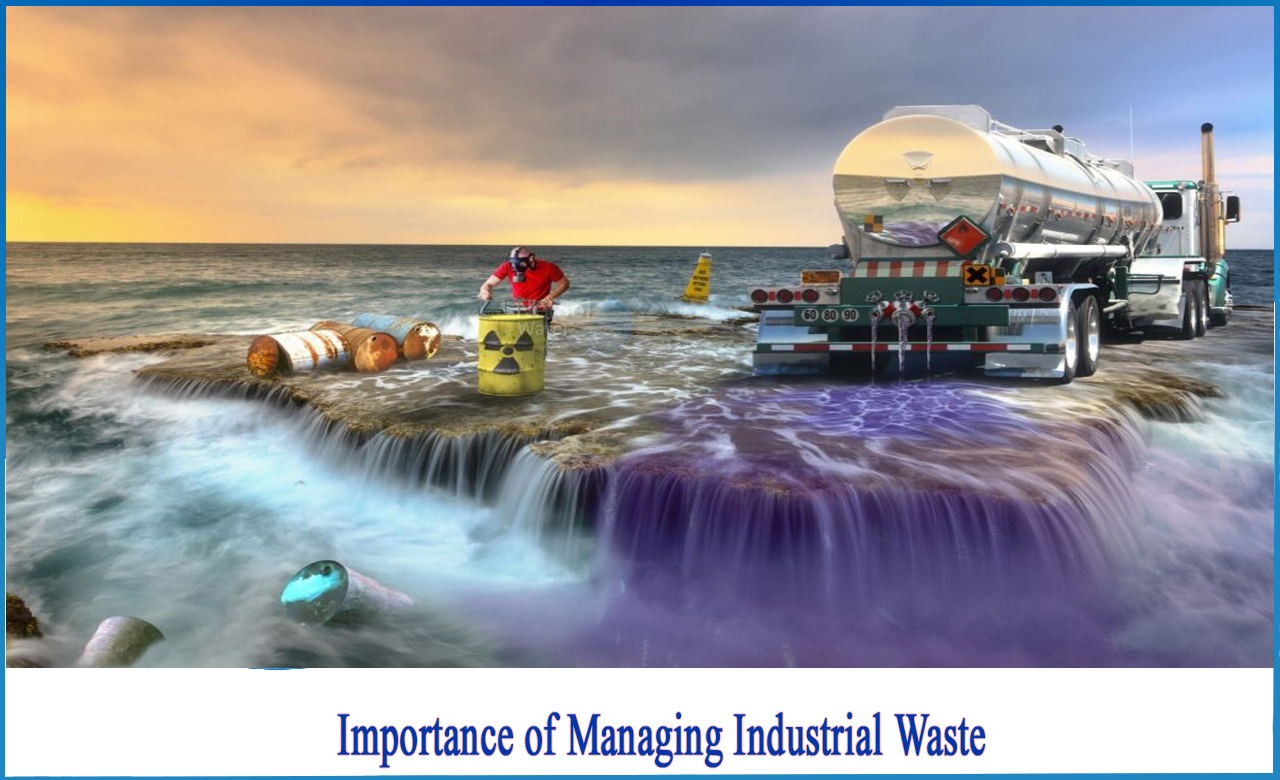All About Reclaim Waste
All About Reclaim Waste
Blog Article
Reclaim Waste - The Facts
Table of ContentsReclaim Waste Things To Know Before You Get ThisThe Best Guide To Reclaim WasteThe Ultimate Guide To Reclaim WasteSee This Report about Reclaim WasteThe Main Principles Of Reclaim Waste
Check out the types, events, and kinds of fluid waste. Residential sewage waste refers to the waste and products from a household sewage-disposal tank. This kind of waste is developed by people in houses, schools, and various other structures. This only consists of sewage-disposal tanks that have a drain field. The appropriate administration and disposal of residential sewage waste call for liquid waste to be moved to a sewage therapy plant where the appropriate approaches and devices are related to purify and get rid of waste.
Business waste frequently consists of possible hazards, such as flammable materials or a blend of liquid and solid waste items, and needs a much more sophisticated and comprehensive disposal process. The disposal of industrial waste usually includes the filtering of waste before transport to ensure risk-free and appropriate disposal. Industrial waste is created from by-products and overflow of commercial processes and manufacturing.
This type of waste can not make use of the same sewage management transportation or processes as septic or business liquids. The commercial waste administration process calls for the evaluation and testing of liquid waste prior to it goes through the disposal procedure (liquid waste disposal melbourne). Drainage waste is the liquid waste that originates from drainage and excess stormwater in extremely inhabited locations or cities
Overflow waste can create contamination and flooding if not taken care of effectively. Discover more regarding sewer cleansing and waste management. Guaranteeing proper waste monitoring can avoid catastrophes and lower environmental injury. Both people in household settings and specialists in industrial or manufacturing industries can gain from recognizing the procedures and guidelines of fluid waste monitoring.
Reclaim Waste Fundamentals Explained
Call PROS Services today to learn more about our waste administration and disposal services and the correct ways to care for the fluid waste you create.
(https://www.imdb.com/user/ur191403836/?ref_=nv_usr_prof_2)This supposed 'wastewater' is not just an essential resource however, after treatment, will be launched to our land, waterways or the sea. Utilized water from bathrooms, showers, baths, kitchen sinks, laundries and commercial processes is recognized as wastewater.

water used to cool machinery or tidy plant and devices). Stormwater, a kind of wastewater, is drainage that flows from farming and city locations such as roofing systems, parks, gardens, roads, paths and gutters right into stormwater drains pipes, after rain. Stormwater moves unattended straight to neighborhood creeks or rivers, eventually reaching the ocean.
Reclaim Waste Fundamentals Explained
In Queensland, most wastewater is dealt with at sewer treatment plants. Wastewater is carried from residential or industrial websites with a system of sewers and pump stations, referred to as sewerage reticulation, to a sewer treatment her explanation plant. City governments construct, keep and run most sewer treatment plants. Operators are licensed under the Environmental Management Act 1994 to discharge cured wastewater at an acceptable ecological requirement into rivers.
The Department of Natural Resources suggests city governments concerning managing, operating and keeping sewage systems and treatment plants. In unsewered areas, city governments may call for owners to mount private or house sewer treatment systems to treat residential wastewater from commodes, kitchens, bathrooms and laundries. The Division of Natural Resources authorises using house systems when they are confirmed to be effective.
Many stormwater gets no treatment. In some new communities, treatment of some stormwater to remove litter, sand and gravel has actually started utilizing gross pollutant traps. Wastewater treatment happens in 4 stages: Gets rid of strong matter. Larger solids, such as plastics and various other things wrongly discharged to drains, are removed when wastewater is travelled through displays.
Uses tiny living microorganisms knows as micro-organisms to damage down and remove continuing to be liquified wastes and fine particles. Micro-organisms and wastes are included in the sludge.
The smart Trick of Reclaim Waste That Nobody is Talking About
Nutrient removal is not offered at all sewer treatment plants since it calls for pricey specialised equipment. Clear fluid effluent generated after treatment may still consist of disease-causing micro-organisms - liquid waste disposal melbourne.

This usually suggests wastewater has to be dealt with or pollutants removed before it can be released to rivers. Most wastewater flows into the sewerage system. Under the Act, city governments carry out approvals and permits for environmentally appropriate tasks (Periods) entailing wastewater releases that might have a local impact. The department administers approvals and licences to Periods entailing wastewater launches that could have a local or statewide impact.
7 Easy Facts About Reclaim Waste Described
Surveillance gives valid info about water top quality and can confirm that permit problems are being fulfilled. The info acquired with monitoring offers the basis for making water quality decisions.
Report this page